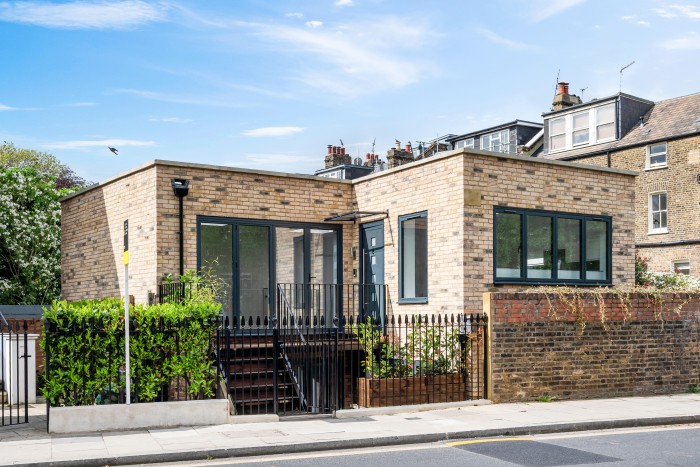Inheritance Tax and Probate
Posted in March 2024
Since 22 nd August 2023, 7.75% interest is payable on any late Inheritance Tax due, following the end of the 6 month period after a person’s death. To date, the interest has increased 6 times since the beginning of 2023.
Inheritance Tax must be paid by the end of the 6 months after the person has died. If it's not paid by then, His Majesty’s Revenue and Customs (HMRC) will start charging interest at 7.75%. The executors can choose to pay the tax on certain assets, such as property, by instalment over 10 years. But the outstanding amount of tax will still get charged interest.
Because of this perceived unfair penalty, there have been recent calls in the media to change the way someone’s estate is dealt with following their death.
Currently, any property owned solely in the name of a deceased, cannot be sold until probate has been granted. Whilst this is generally accepted, the fact that Inheritance Tax bills have to be paid before this process has been completed, is perceived to be unfair and untimely.
If the person who died had sufficient money to cover the Inheritance Tax bill, it is possible to instruct their bank to pay HMRC directly. However, if the money needs to come from the sale of the property in question, then the executors of the estate are legally bound to cover the tax bill themselves, until the property can be sold.
HMRC can sometimes agree to a ‘grant on credit’. This is a type of deferred payment plan for those who cannot pay anything towards an Inheritance Tax bill. This enables the executors to apply for probate, without having to pay the Inheritance Tax upfront. However, this tends to only be given in exceptional circumstances, whereby it needs to be proven that you do not have the funds required and cannot access a loan to cover the costs.
Despite the recent announcement in the Spring Budget 2024, that the Government will relax the Inheritance Tax requirements for 'grants on credit' from 1st April 2024, this does not alter the late payment penalties that continue to remain in place.
While massive delays continue to occur during the probate process, many families can sometimes be waiting over a year before their application is granted. This is in spite of the Government guideline which states the procedure should take around 16 weeks to complete. However, this very rarely turns out to be the case, which in turn increases the Inheritance Tax bill faced by executors who are required to pay the late penalty interest of 7.75%.
Imposing this penalty on those who have been bereaved, by expecting the executor’s to pay this tax bill for a property that has yet to be sold or indeed received a financial benefit from, is not fair practice. Furthermore, the fact that the delays in the process are caused by a government body, which enables them to increase their profits, does not seem right.
Which is why therefore, the question has been posed that would it be a fairer system to allow probate to be granted before the Inheritance Tax bill requires payment? Or at the very least, abolish the interest charge payable on the delays which is caused by delays in the government procedure in the first place.
Dealing with the estate of a family member or friend, can be an incredibly difficult and emotional time. And this archaic probate system is not only unfair, it lacks the much needed period of compassion that those involved are often in great need of.
Latest posts
Free property valuation
With three local offices we have unrivalled market knowledge. A senior member of the David Andrew team will come to your property to provide an accurate sales valuation or rental valuation and offer comparable properties we have sold in order to justify our valuation and to show how we can achieve you the best possible price.
Register with us
Register today to receive instant alerts when we add properties that match your requirements.


